‘God’s Dog’ Author Jonathan Pageau Believes New Social Justice Movement Will Turn Into A Pogrom
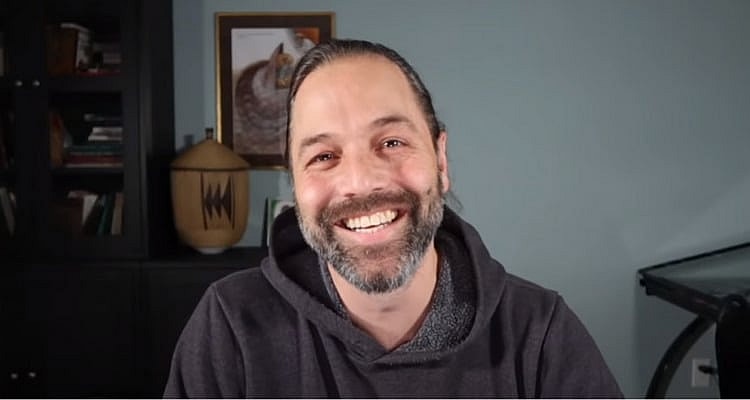
God’s Dog author and iconographer Jonathan Pageau recently shared his opinion that the recent wave of social justice activism will turn into a pogrom.

Pageau’s comments came in a discussion with Catholic Bishop Robert Barron, the Auxiliary Bishop of the Archdiocese of Los Angeles, in a video titled “A Return to Cosmic Christianity | with Bishop Barron.”
RELATED: Iconographer Jonathan Pageau Blasts Past Fundraising Goal For His Graphic Novel ‘God’s Dog’
Towards the latter part of the discussion, Bishop Barron asked for Pageau’s opinion asking him, “Go back to the Civil Rights movement, 50s and 60s, in our country that were led by, for the most part, very religious people. So, King the most obvious example, but the many others. Religious people that lead this movement.”
“And you read the sermons of Martin Luther King, I mean, he’s grounded in the Hebrew prophets. He’s grounded in the great Biblical tradition. He’s grounded in Jesus etc… So his social justice activism had a deeply, I’d say, mystical and spiritual source,” Bishop Baron continued.
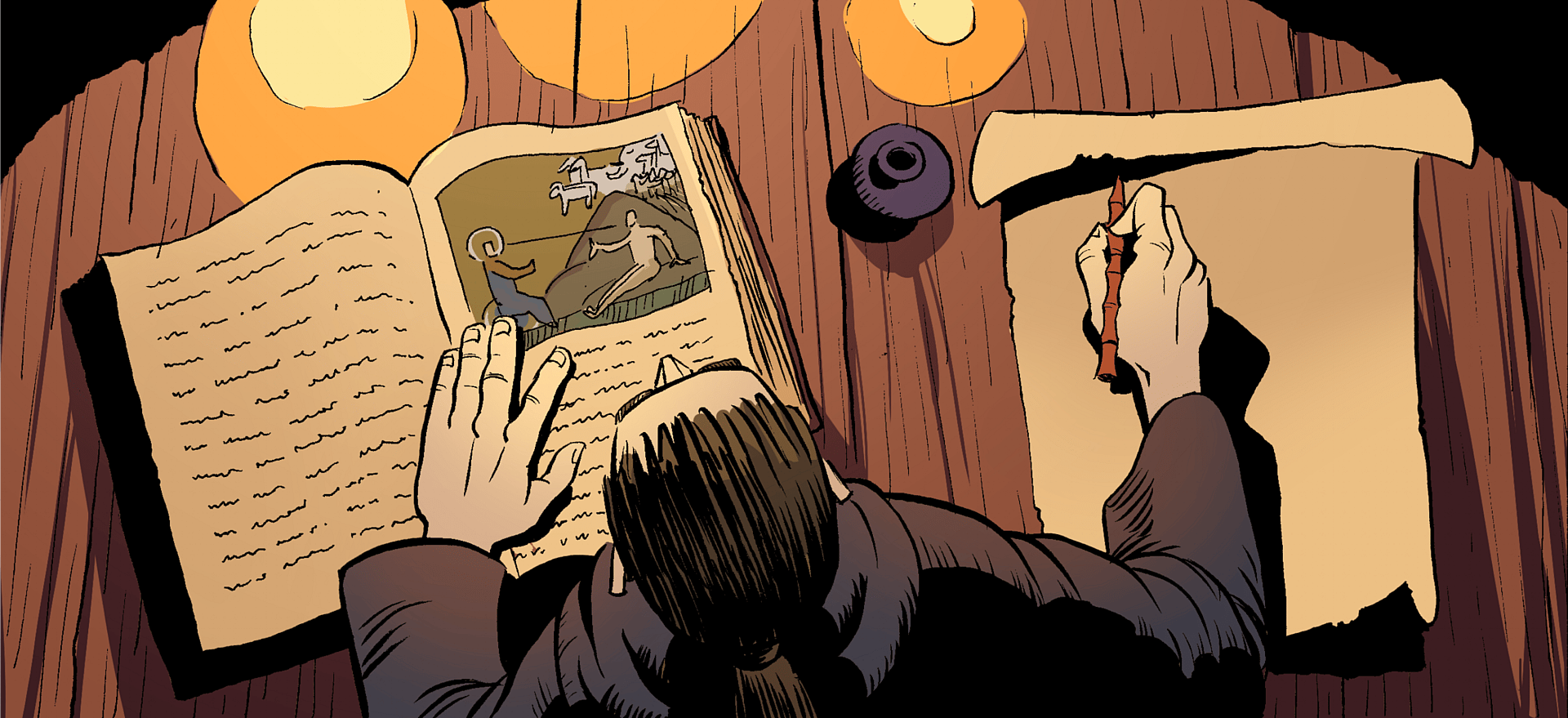
His Excellency elaborated, “The fact that today this sort of revived social justice movement is not being led by religious people, in fact there’s a great hostility to religion, I think has given this present movement a much darker hue. It’s a much less edifying spectacle because the leadership is not grounded in the mystical, and Biblical, and prophetic.
He continued, “So it will turn, in short order, into simply a us against them, deeply violent. Where King, look at King’s language, it’s judged not by the color of the skin but by the content of their character. And he said I want to draw white people into the beautiful community. I don’t want to expel them from it etc… That’s coming up out of an Isaiah sort of vision of things.”
The loss of the mystical, the prophetic, and the Biblical, we can see it today, can’t we? That’s my theory. And in the social justice movement it’s a much more dire prospect today than it was 50 years ago,” Bishop Baron concluded.
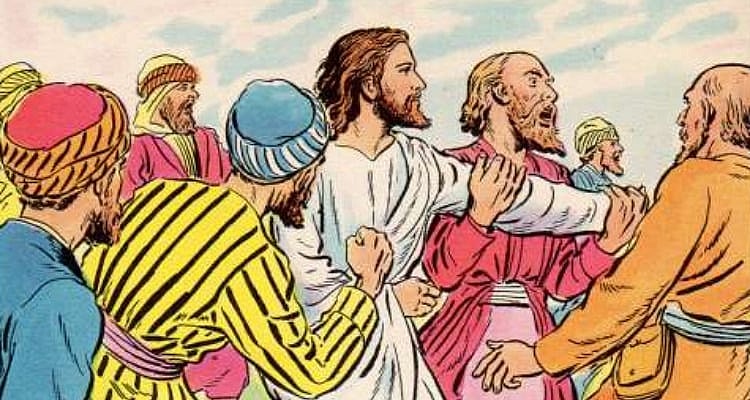
Pageau responded, “Like you said, it’s very dark. And what it ends up looking like — and it’s sad because I don’t think people are going to be able to perceive it until it’s too late — is that it ends up looking more like a pogrom or a mob justice thing.”
“It’s not yet bloody or not very much. It still in words and online and everything, but that pattern of finding the victim, destroying their life, and getting rid of them is something that will inevitably start to bleed out into culture,” he stated.
He added, “I mean people do lose their jobs and there’s all of this happening. So we can see that the very pattern of desiring justice and desiring supposedly out of love and compassion is turning the very thing that they hate.”
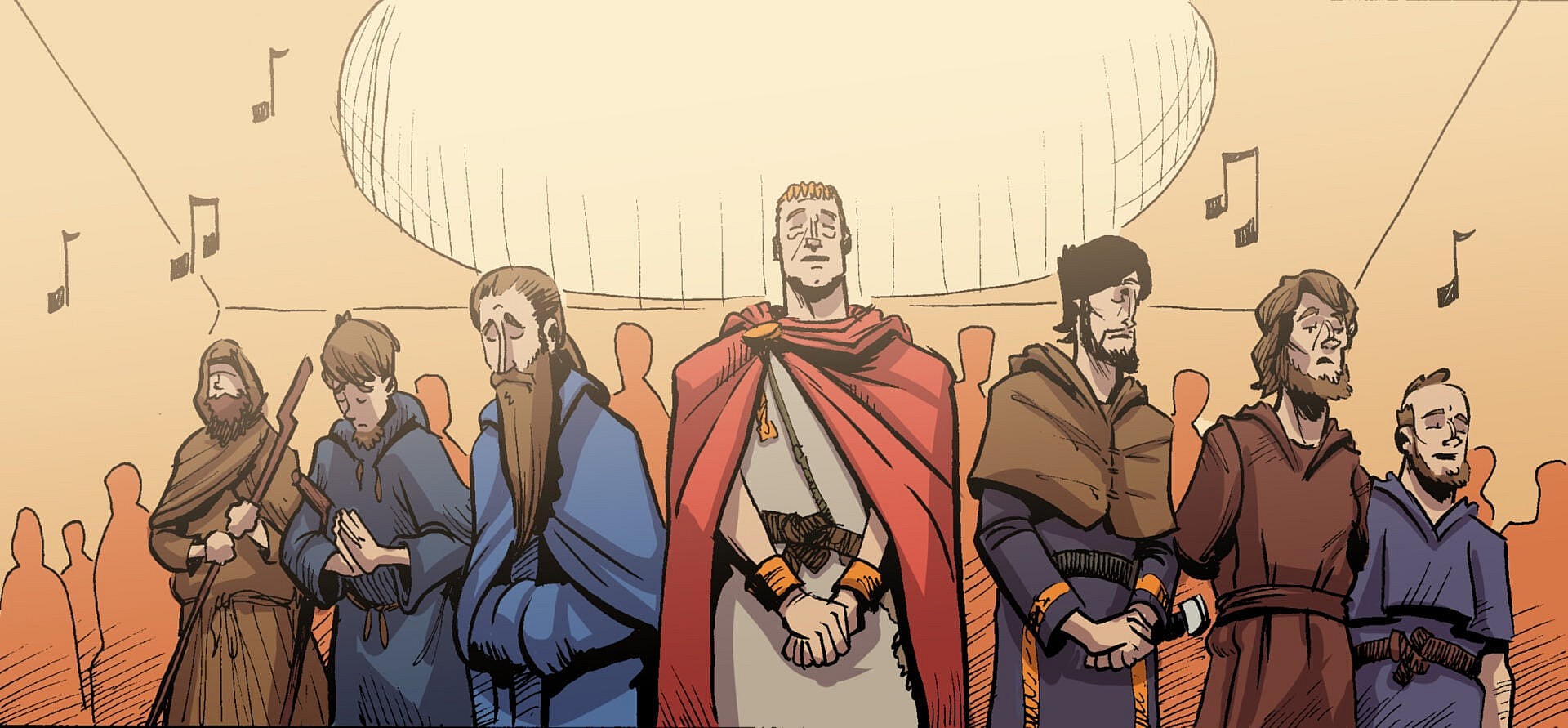
His Excellency responded, “Absolutely, the Girardian dynamics you’re alluding to there. The scapegoating stuff is for sure. And I always go back to Isaiah Chapter 2. This beautiful image, it’s evocative of the temple, and of Eden, and everything else, Mount Sinai. Is the tribes of the Lord go up the sacred mountain. Well, they go up the sacred mountain because the temple is there at the top of it. And it’s all the tribes not just of Israel, but then all the tribes of the world.
Bishop Barron continued, “That’s the vision. But what unites them — it’s not some social justice conviction, it’s not some Kantian ethical imperative — it’s the worship of the true God. They come up the mountain together to worship the true God. That’s what draws us together.”
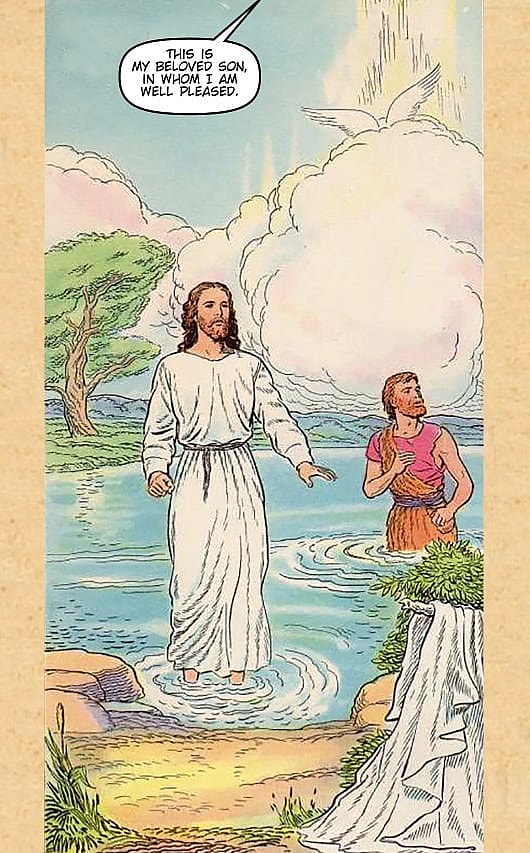
“Without right worship attempts at togetherness are going to fail. And they’re going to fall into something like dissension and scapegoating and us against them. So again, that’s the answer is what’s on top of the sacred mountain is the place of right worship. That’s the only force,” His Excellency stated.
Pageau then interjects, “We see it in Revelation too. It says that New Jerusalem gathers the glories of all the people into as the lamb is at the center of this whole pattern.”
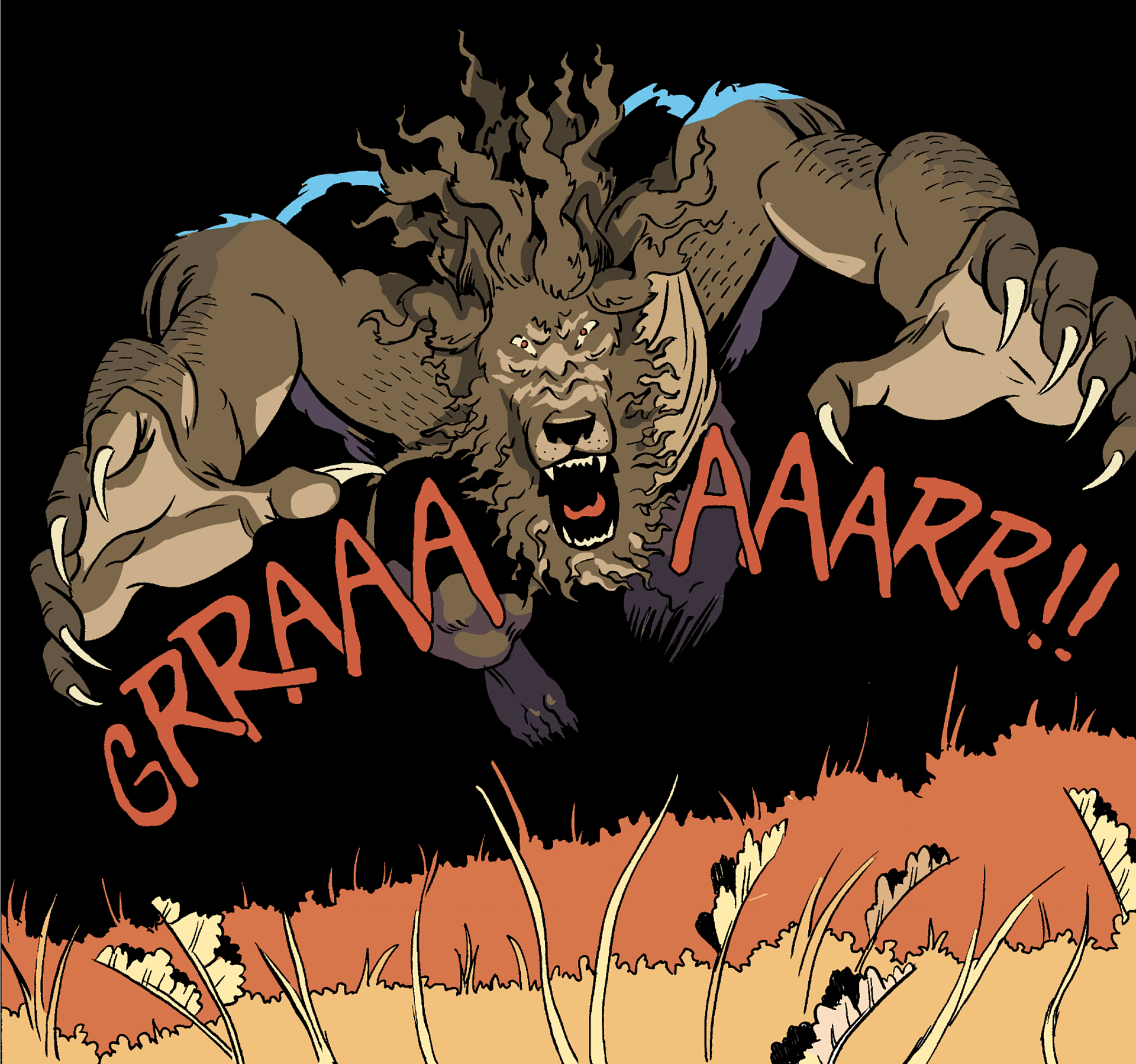
What do you make of Pageau’s belief that this new social justice movement will eventually turn into a bloody pogrom?
